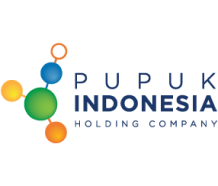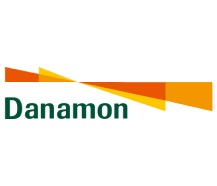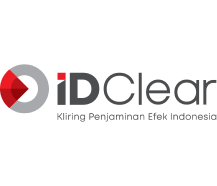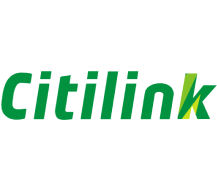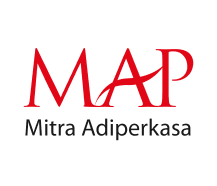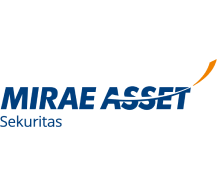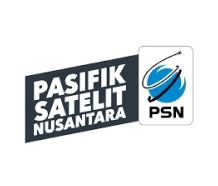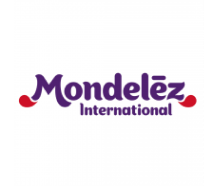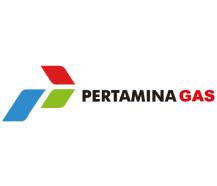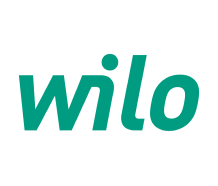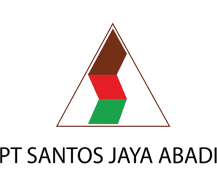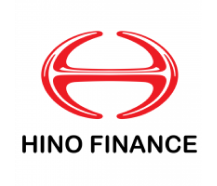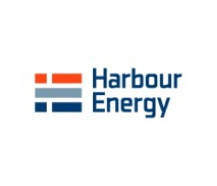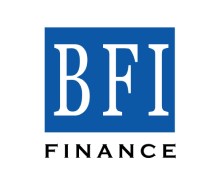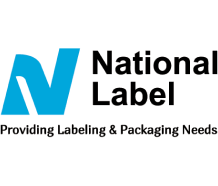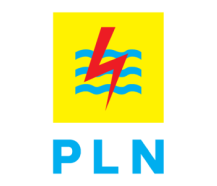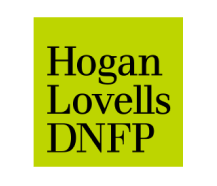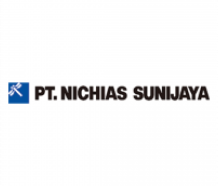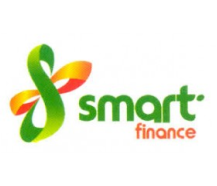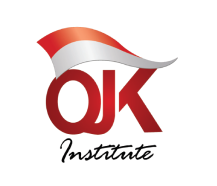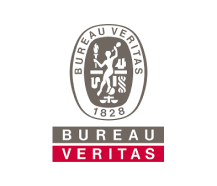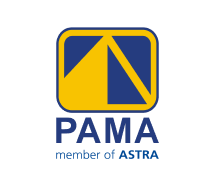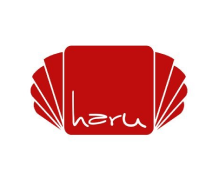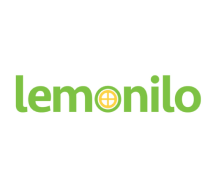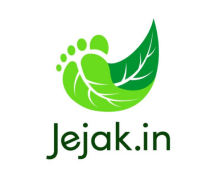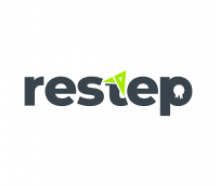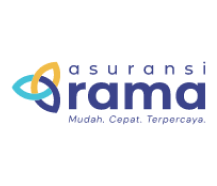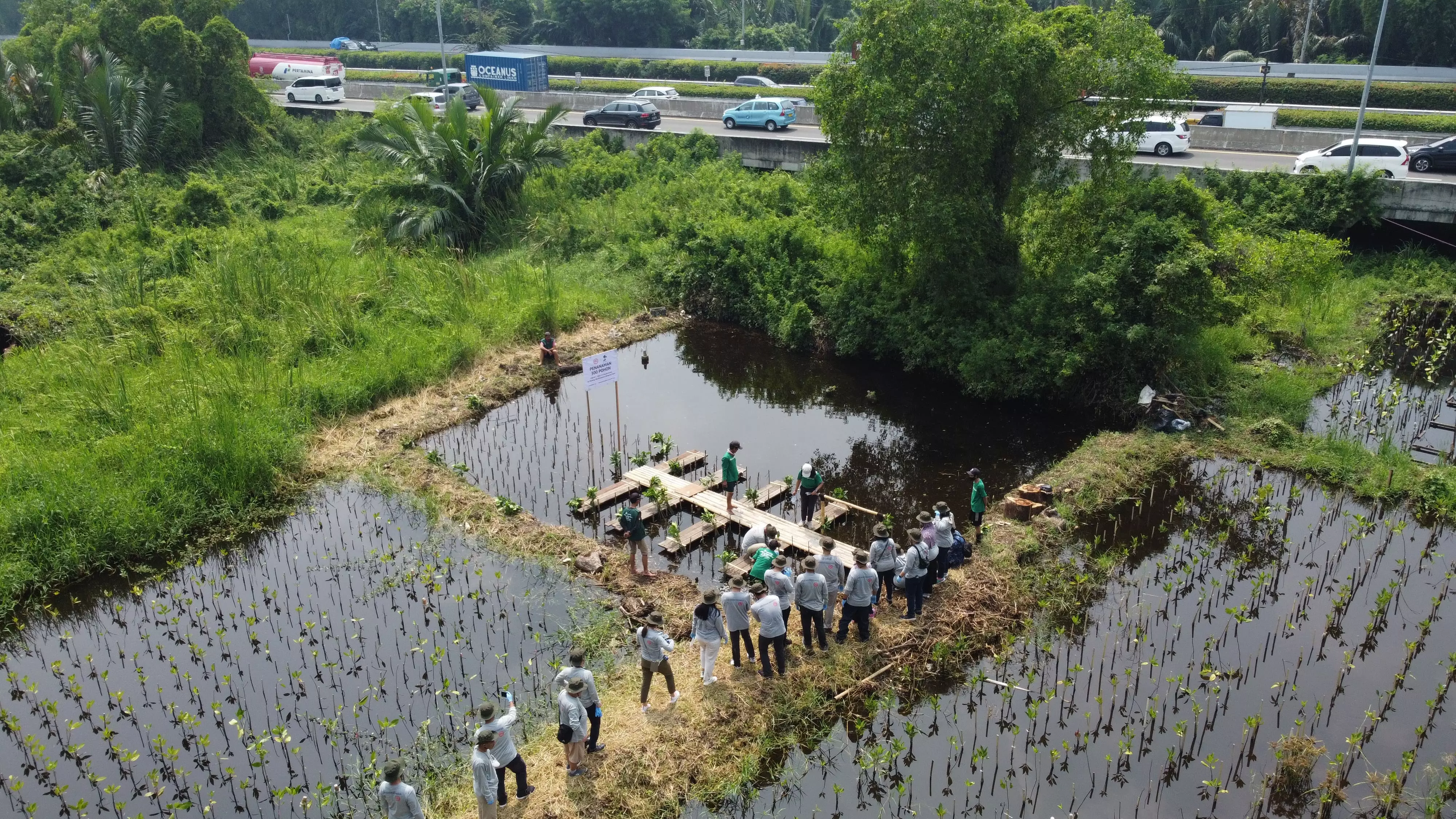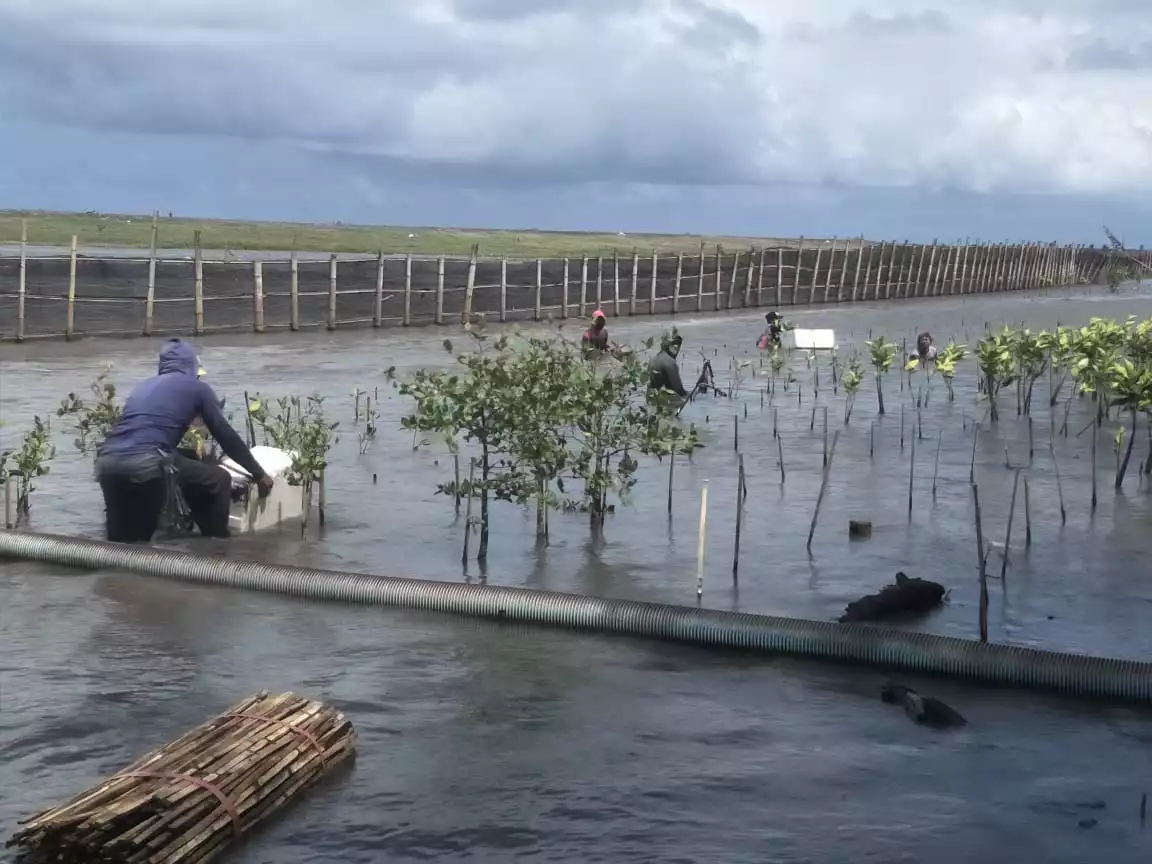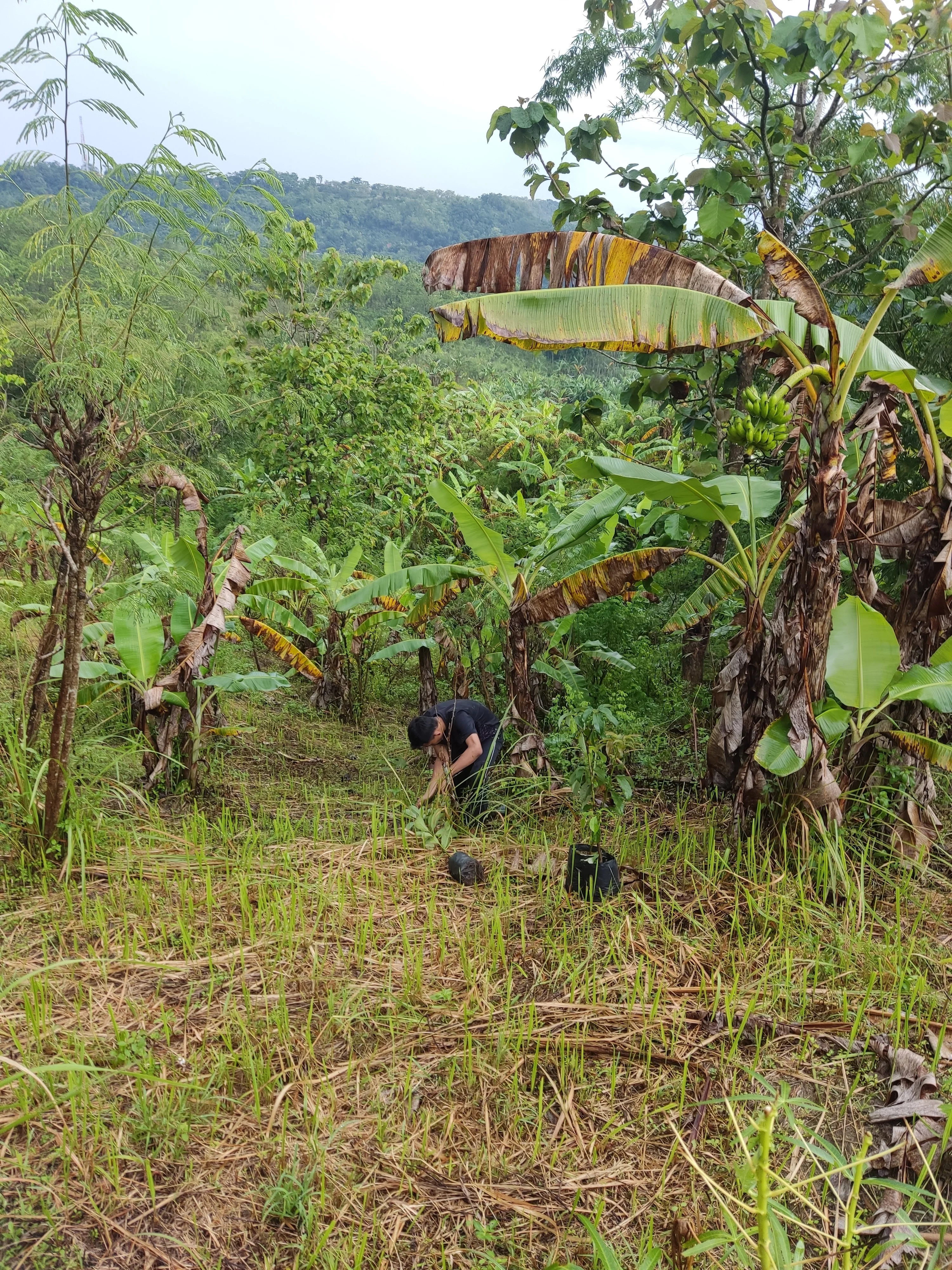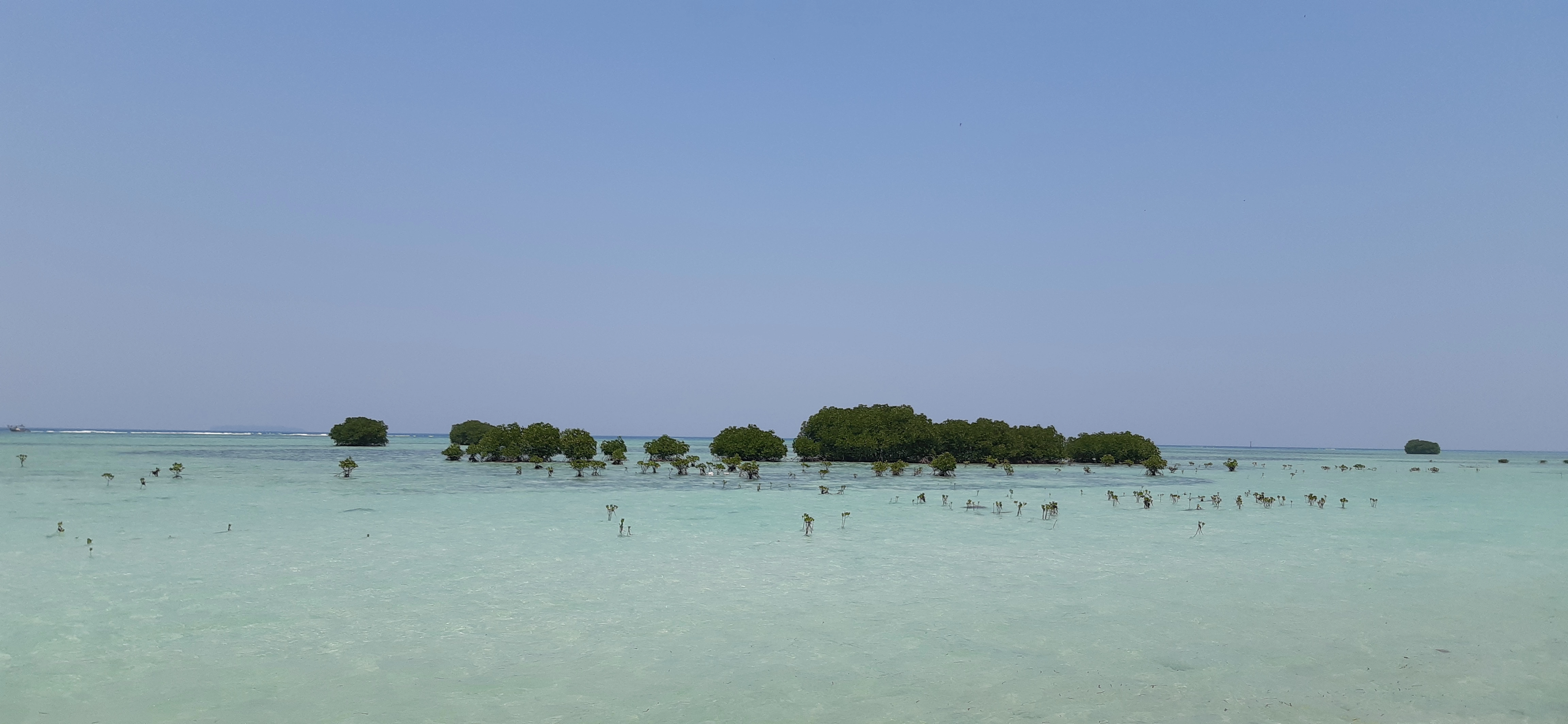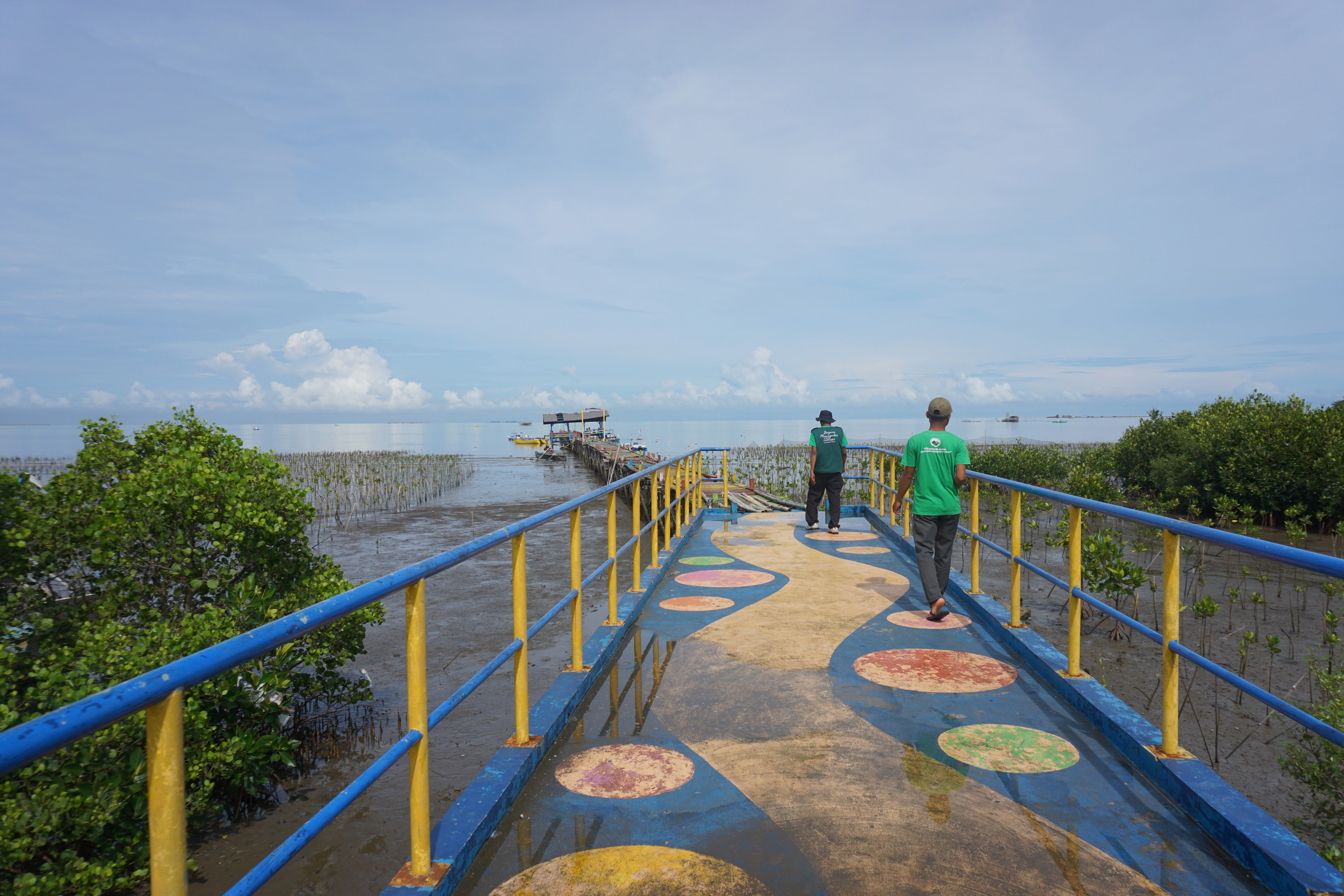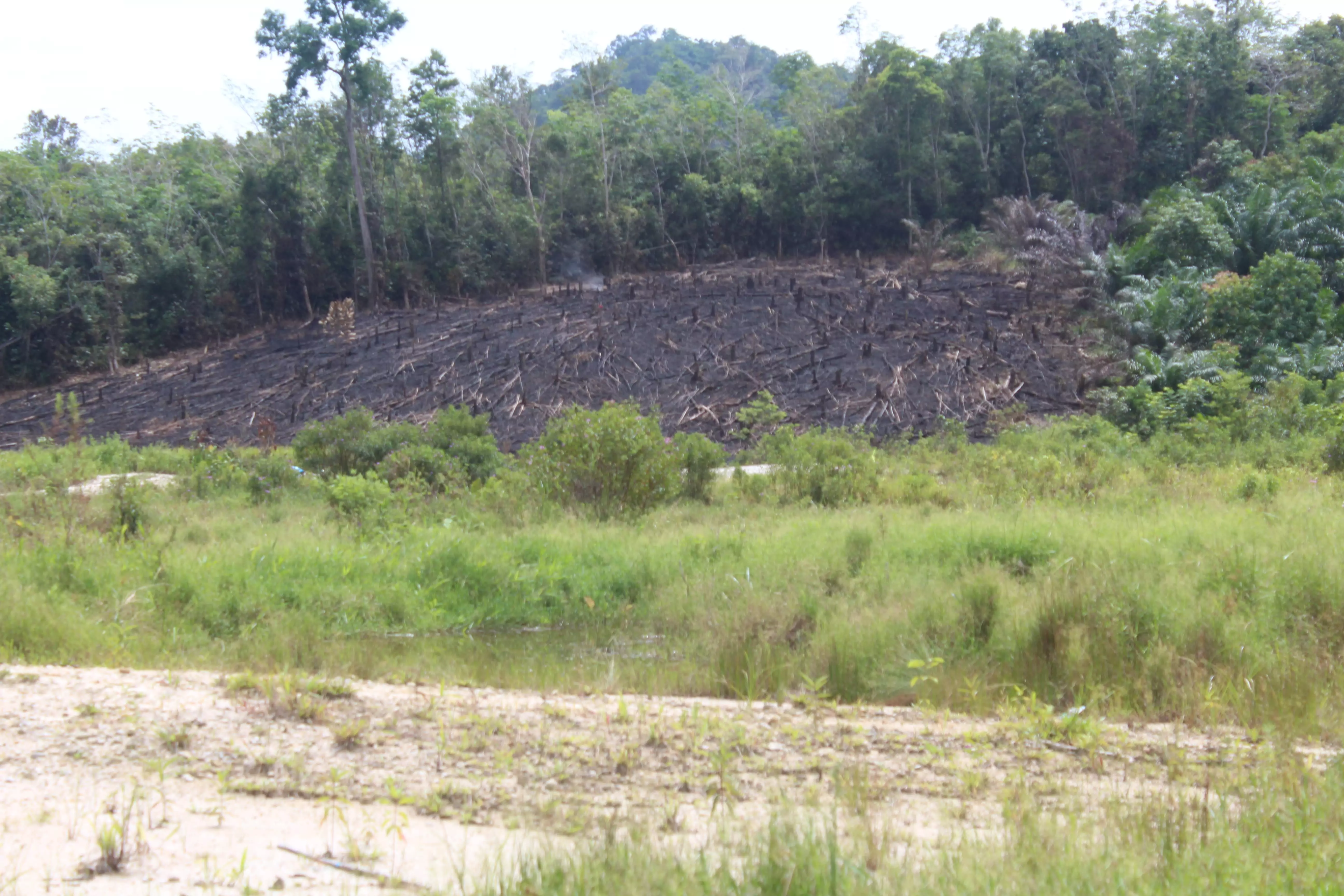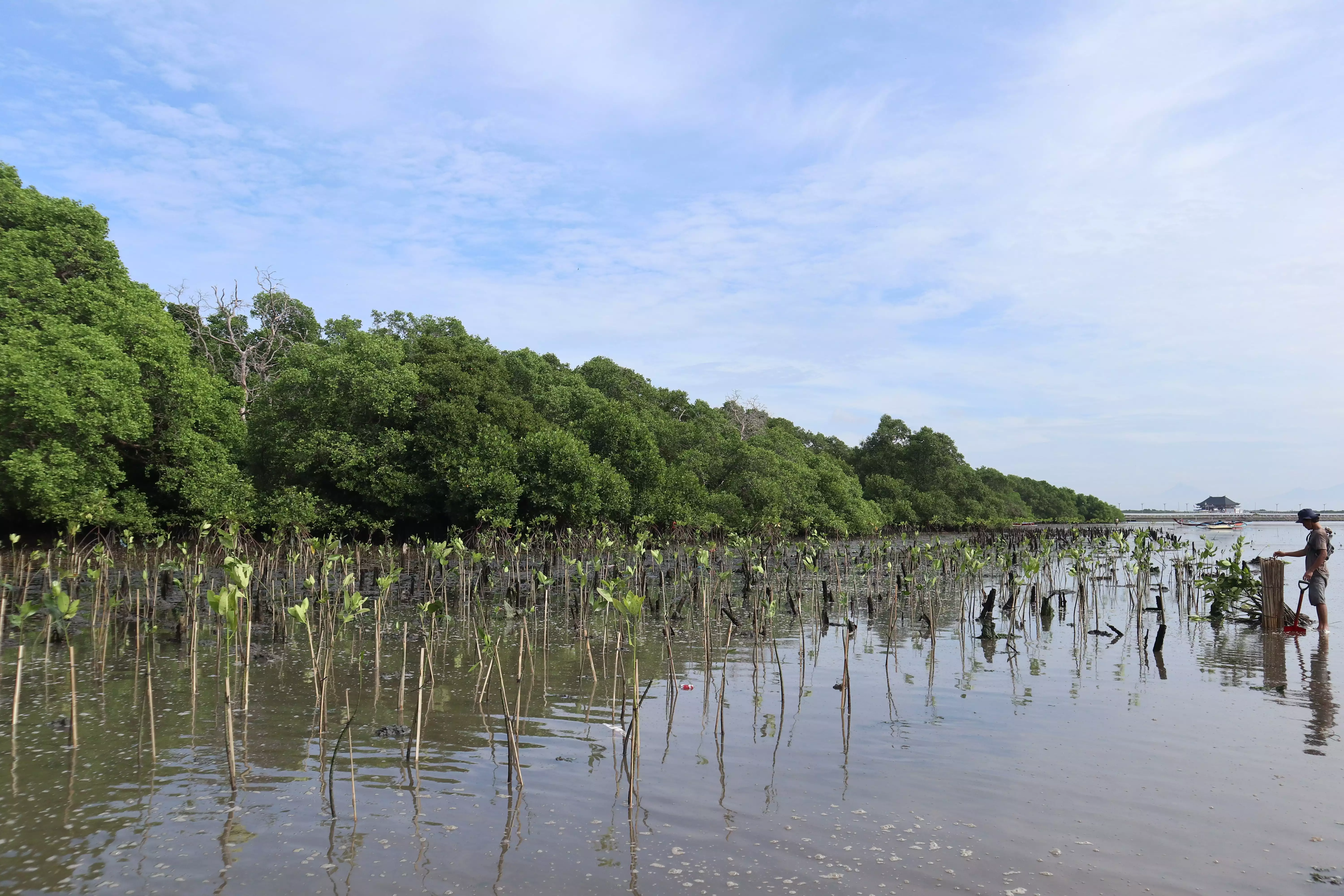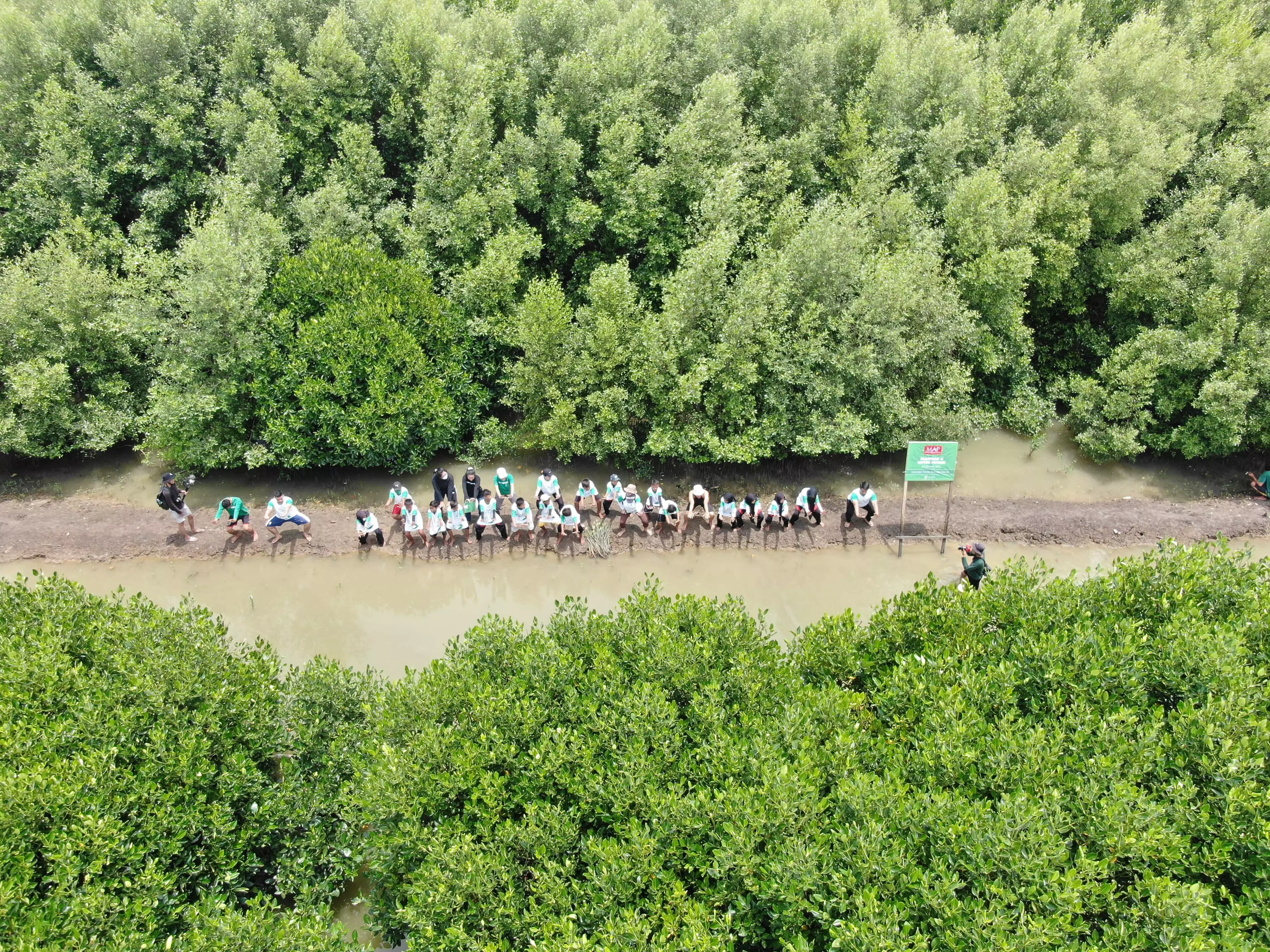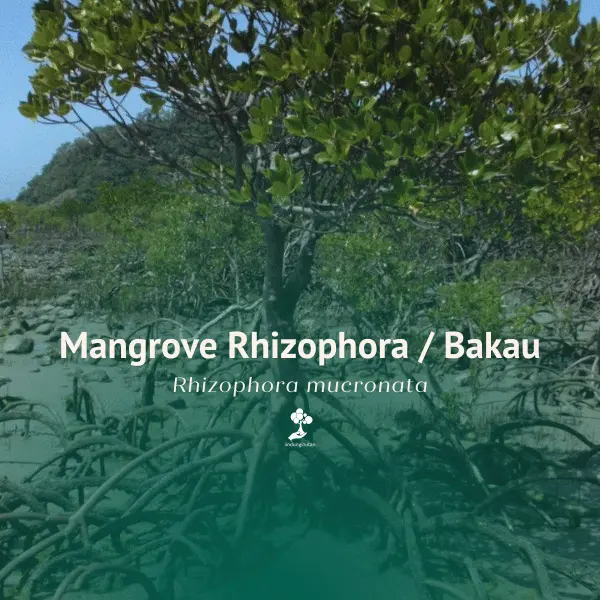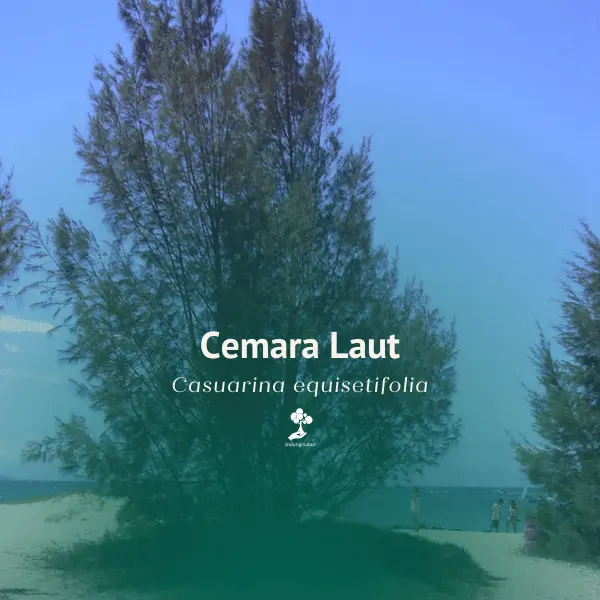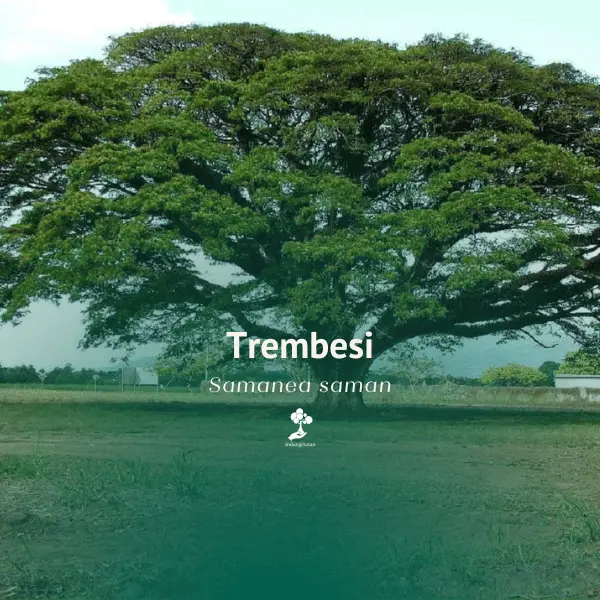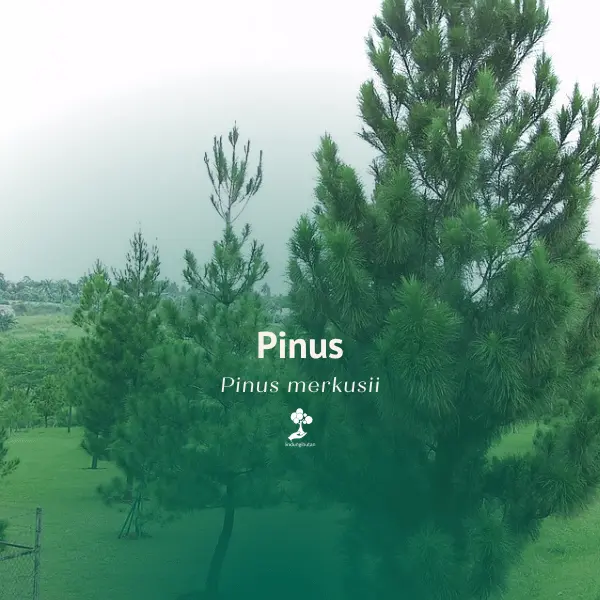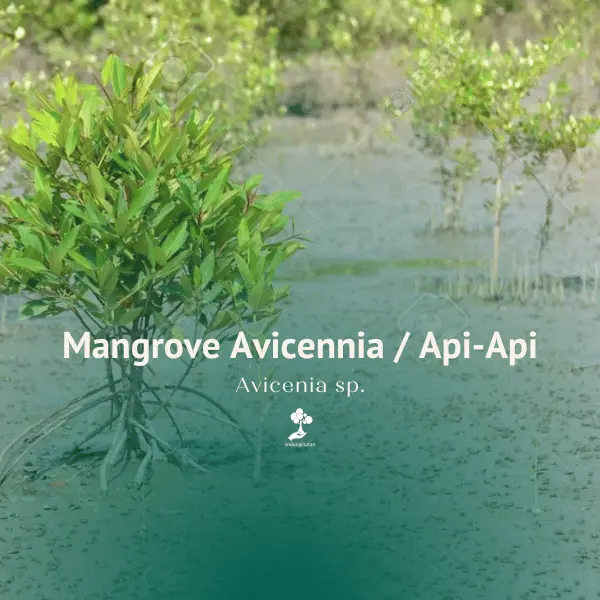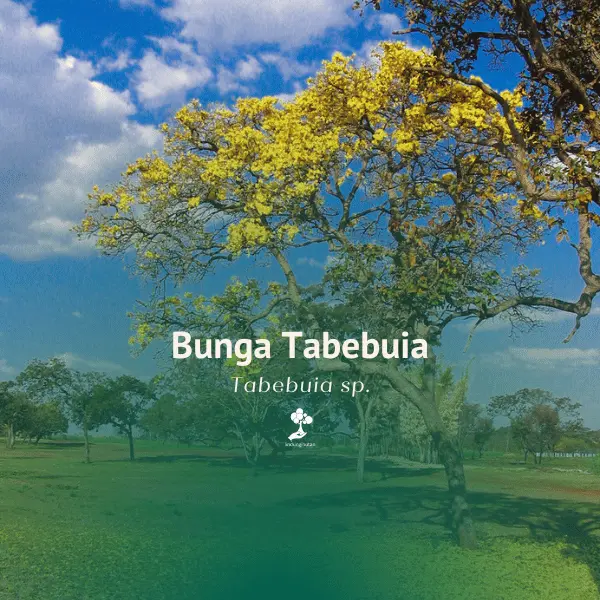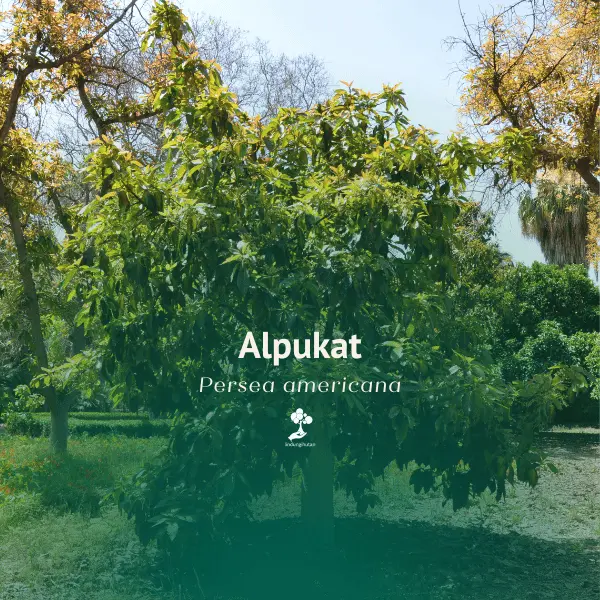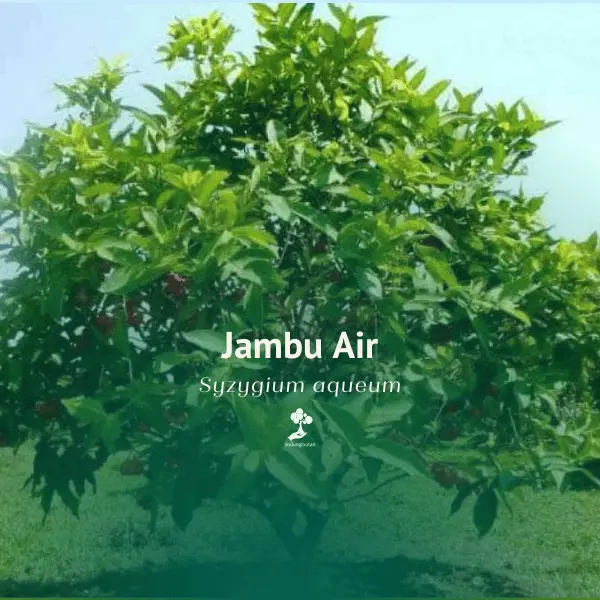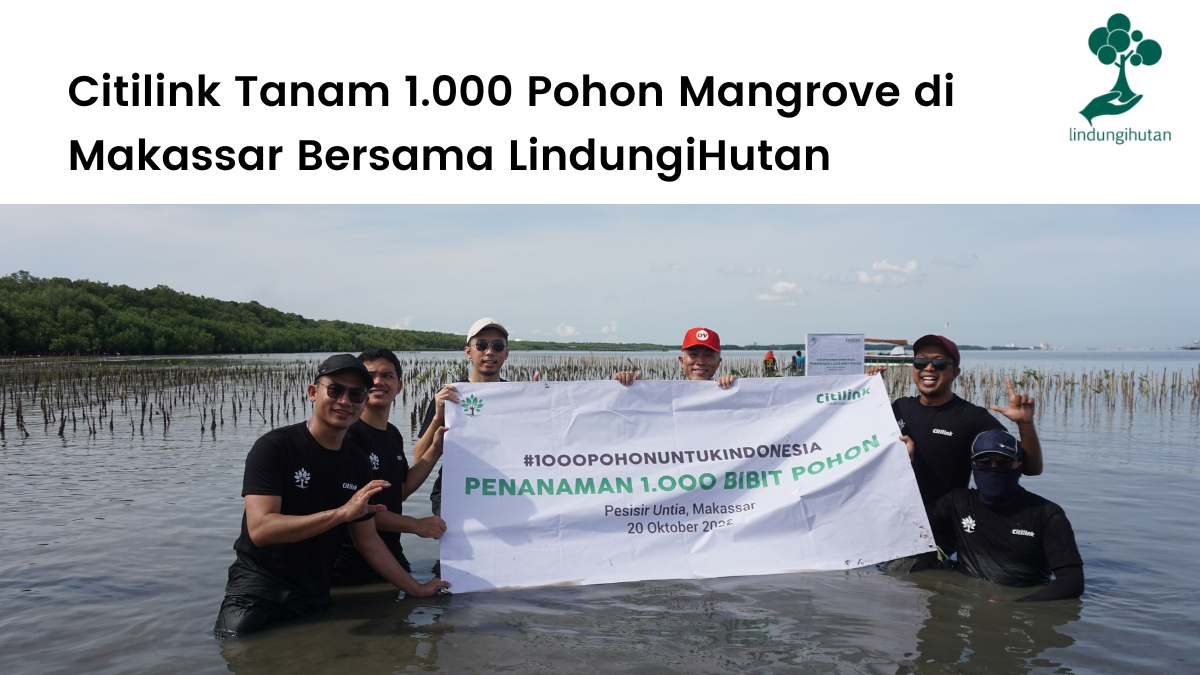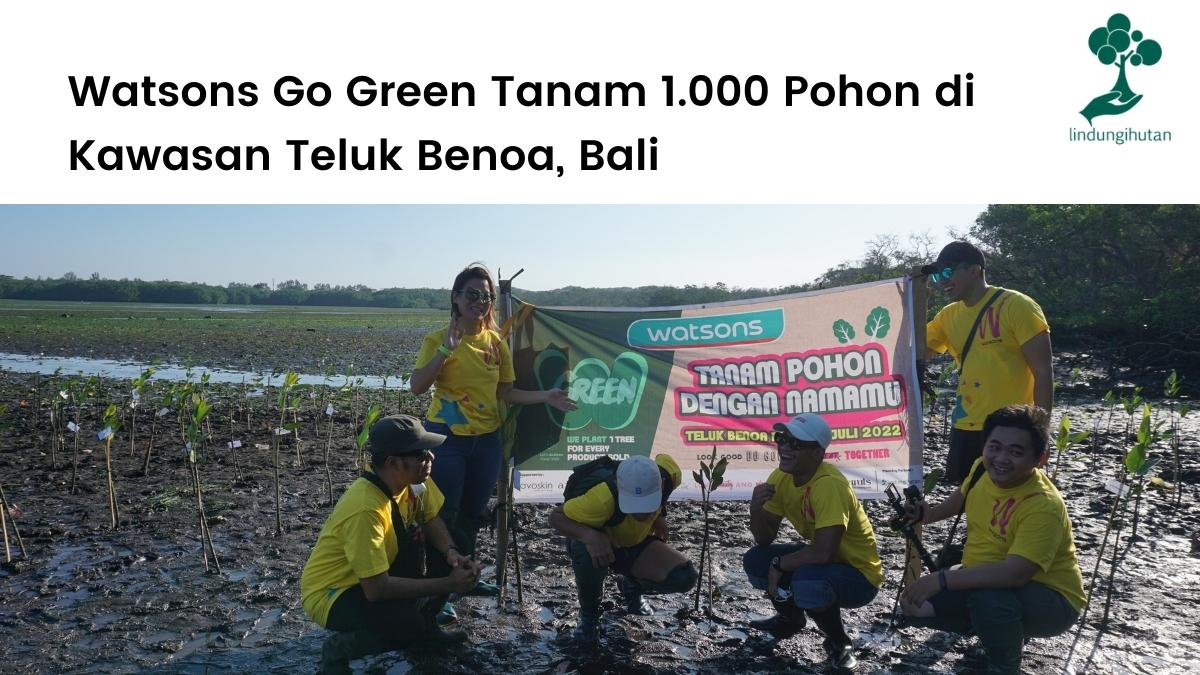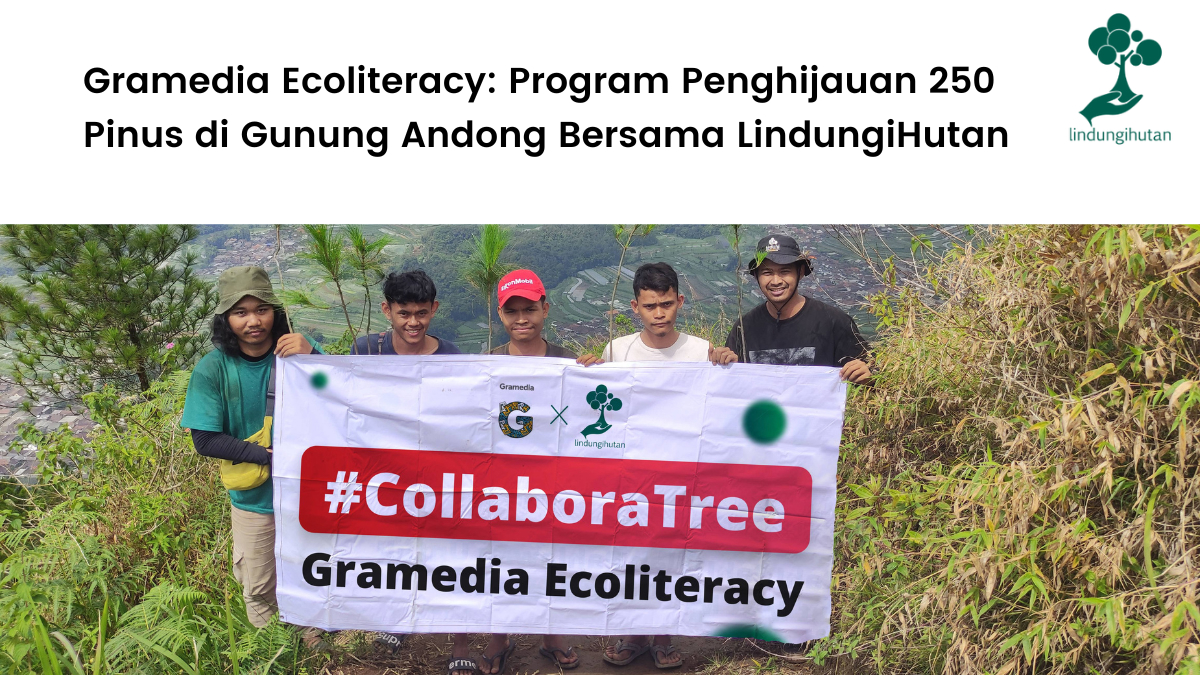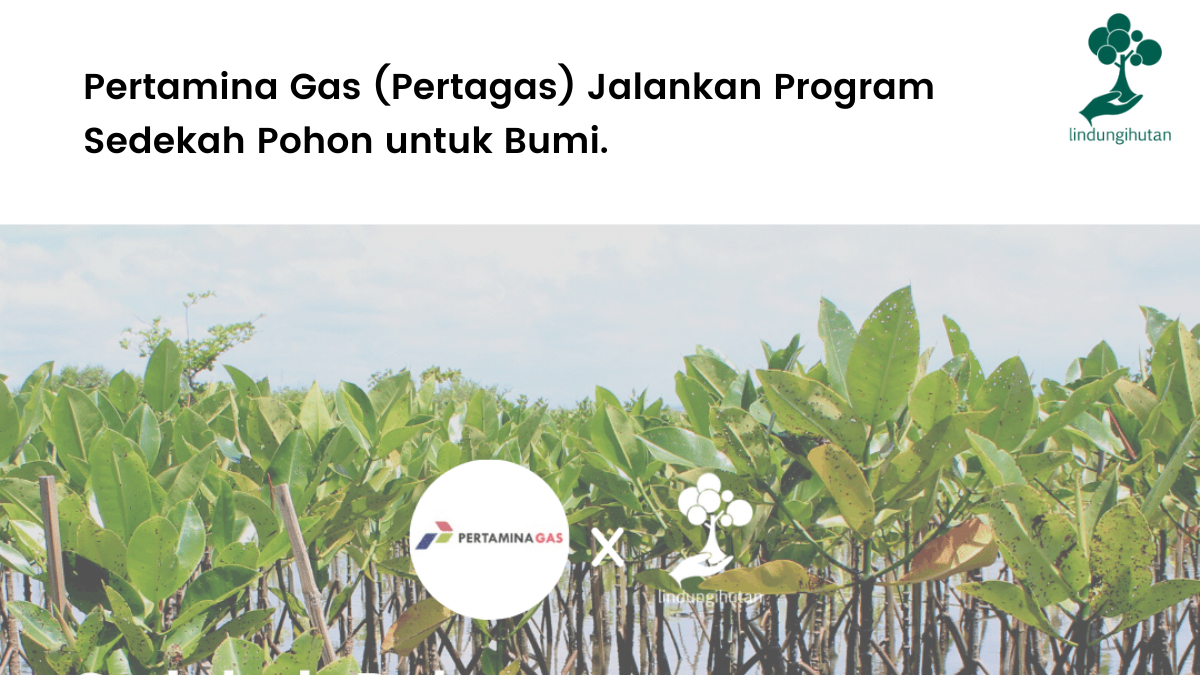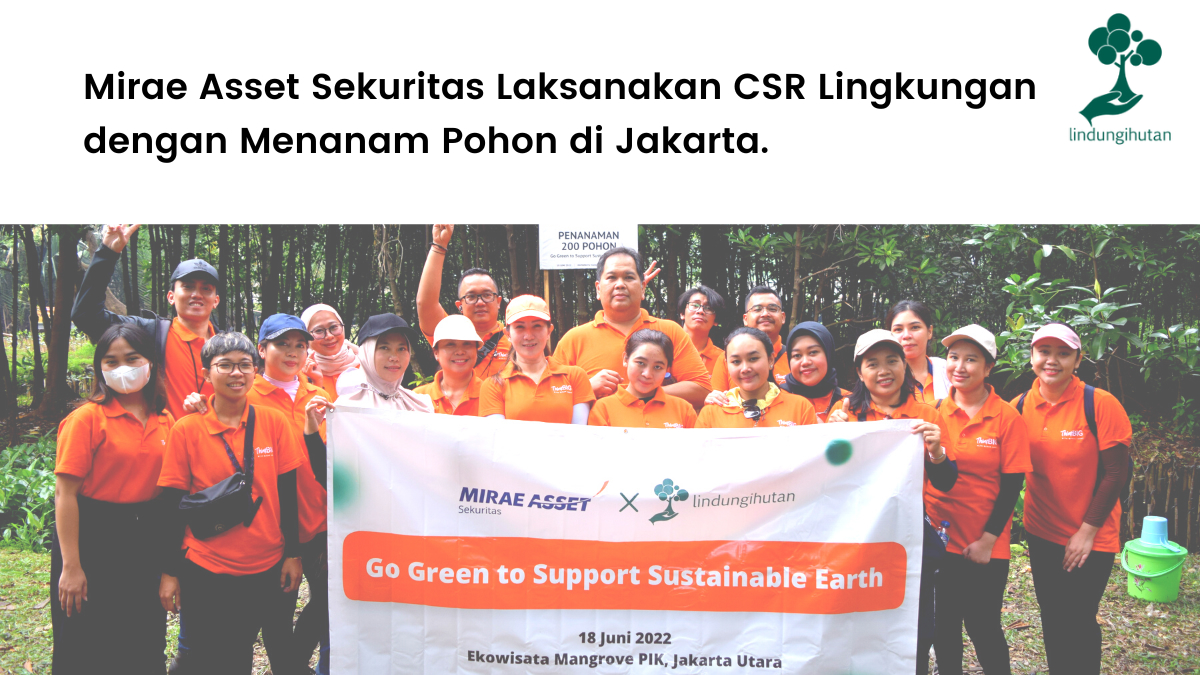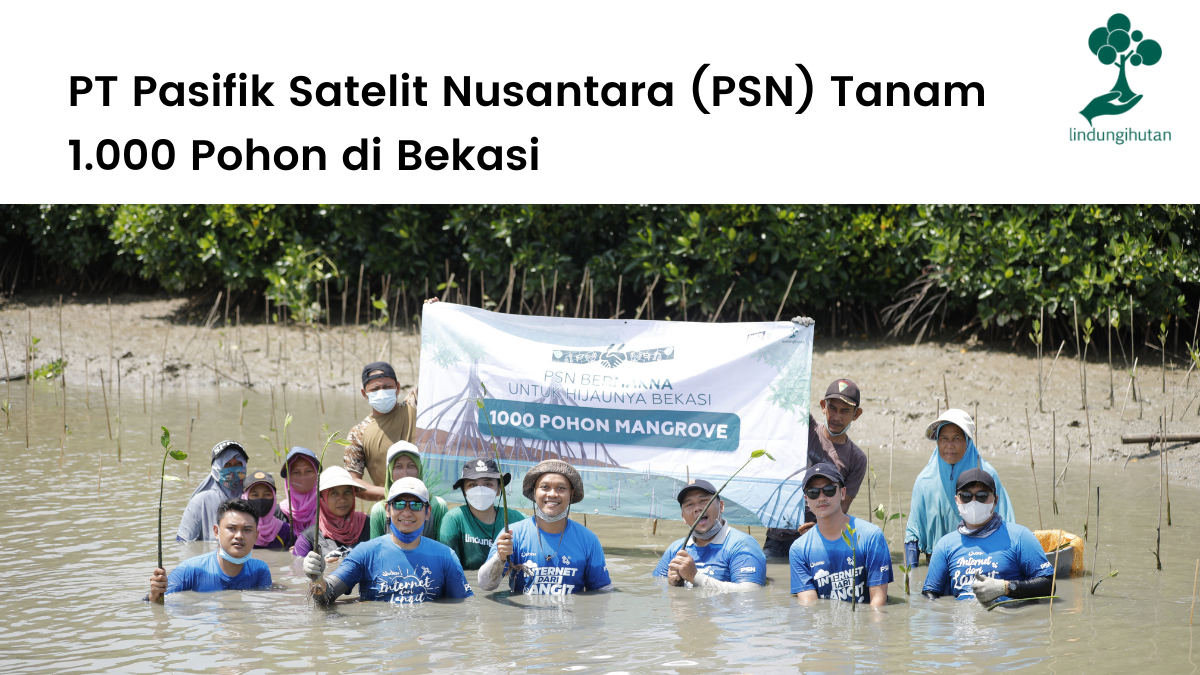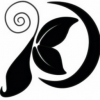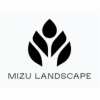
Start a Collaboration with LindungiHutan to Create An Easy-to-Implemented, Transparent and Sustainable CSR Program for Your Business
Different Businesses and Partners Entrust LindungiHutan to Handle Their CSR Programs
Why LindungiHutan is Different and What We Confidence at:
Easy Process
Starting a CSR collaboration with LindungiHutan only need 3 things to be done, 1) fill an online form in this page, 2) plan and discuss a program, location and budget with our team, 3) implement the CSR program in accordance with previous agreement we made.
Transparent
We will inform you about the process and result of our collaboration. Hence, as a tech-startup, we provide real-time access to the information and progress of the CSR program in our website. The progress of our collaboration would be available for public to access via LindungiHutans website.
Sustainable and Impactful
LindungiHutan had been cooperate with local farmers and communities to ensure the CSR program creates positive impacts for them from economic, social and ecological aspects. We believe in empowering local community would result on long-term positive impact from our collaboration.
Our Milestone and Precious Collaboration Partners
518
Partners
813.4k
Trees Planted
54.9k
Active Users
40+
Planting Site
What Impact CSR Program is Suitable
for Your Business?
Reforestation, afforestation and planting program are LindungiHutans core project. Yet, we also provide several activities to enhance your CSR program to comply with your plans.
Marketree
Support community development by empowering SMEs to enhance their livelihood.
Educatree
A CSR program combined with seminar and webinar to educate your employee about sustainability.
Celebratree
Celebrate special moment with your employee and stakeholders with impactful planting event.
Integatree
Integrate your business web and apps with our system to track the impact via API token
Infrastrutree
An impactful CSR program to support local communities by building infrastructures
Futuretree
A long-term CSR project to create sustainable and impactful programs to empower local communities
Choose Your Desired Planting Site from 40+ Locations Across Indonesia
Our Site Recommendation
Our Tree Recommendation
Partner Success Stories
Partner Testimonial
Frequently Asked Question (FAQ)
What is Impact CSR with LindungiHutan?
Impact CSR is a corporate social responsibility program in the field of environmental and social responsibility aimed at providing positive impact for the ecology, economy, and social aspects of the local communities around 40+ LindungiHutan’s planting sites.
What is the Difference Between Impact CSR Program with LindungiHutan and Regular CSR Program?
The important factor that distinguishes Impact CSR Program with LindungiHutan from regular CSR programs is the aspect of sustainability and continuity. In the implementation of the Impact CSR Program with LindungiHutan, as a form of collaboration between your company and LindungiHutan, the program implementation provides continuous benefits to society. Although the project implementation has passed.
Why We Have to Collaborate with LindungiHutan to Implement Our CSR Program?
LindungiHutan has partnered with 30+ forest farmer groups and local communities to ensure the reforestation activities run smoothly and create sustainable social impacts.
Moreover, we have been trusted by 350+ brands and companies from various fields of business to help handle their CSR programs in various areas.
The values we uphold are ease, transparency, sustainability, inclusivity, and flexibility in carrying out different operational activities, programs, and implementing Impact CSR Program with LindungiHutan.
Did LindungiHutan Legal and Registered in Indonesia Government Institution?
LindungiHutan is a digital platform and website that is a legally recognized entity with the status of a foundation called Yayasan Lindungi Hutan based on the Notarial Deed of Ida Widiyanti, SH with the Ministry of Law and Human Rights (Kemenkumham) Decree Number AHU-0003033.AH.01.04.Year 2018.
LindungiHutan's operational process also has a License for Fundraising and Goods Collection (Izin Pengumpulan Uang dan Barang or PUB), which is renewed every three months with the Ministry of Social Affairs (Kemensos) Decree Number 92/HUK-PS/2022.
Moreover, LindungiHutan is officially registered in the PSE Ministry of Communication and Information Technology (Kominfo) with Registration Number 912030143131500000001.
What Tree Species Planted by LindungiHutan?
The types of trees planted by LindungiHutan are diverse and varied depending on the environmental, economic, and socio-cultural conditions around the reforestation area. Planting trees that are not suitable for these conditions tends to be unsustainable and less beneficial for the community. Find the types of trees at LindungiHutan.com/katalog-pohon for complete information.
Corporate Social Responsibility (CSR) program is a step taken by companies to provide positive impacts for society and the environment. The implementation of CSR is one form of business commitment to improve the well-being, living standards, economy, development, and sustainability of the environment in a certain area.
The implementation of corporate social responsibility projects is governed by various laws and regulations, one of which is stipulated in Indonesian Government Regulation and Law No. 40 of 2007 concerning Limited Liability Companies (“Perseroan Terbatas”).
The objectives of implementing CSR programs include:
- Providing significant contributions to the development of the environment and society in general,
- Building and maintaining the brand value and image of the company,
- Developing high-quality and potential human resources,
- Reducing business risks and corruption within the company,
- Creating and building sustainable relationships with all stakeholders, including individuals, communities, and other holders of power in the company's environment,
- Improving the productivity and motivation of company employees and their families,
- Opening up access to markets and resources needed by the company on a wider scale.
Furthermore, the implementation of corporate social responsibility provides various benefits for the company, including:
- Upholding ethics in organization, building and maintaining commitment, and building the company's morality,
- Reducing internal and external crises that may be experienced by the company,
- Creating a good reputation for the company in society,
- Helping to build the company in the era of globalization,
- Providing a positive perception and view as a responsible company by all stakeholders, competitors, and the general public.
By collaborating on an impactful CSR program with LindungiHutan, companies and businesses will gain various advantages such as:
- Ease (“Mudah”), as the requirements and process of implementing CSR collaboration with LindungiHutan are not complicated. We will assist in the preparation process up to the reporting of the implemented CSR program,
- Transparent (“Transparan”), meaning that during the CSR collaboration process, LindungiHutan will provide information and updates related to the program,
- Sustainable (“Berkelanjutan”), as LindungiHutan partners with forest farmers and local residents to ensure that the CSR program has a positive impact on the surrounding community,
- Flexible (“Fleksibel”), as we offer various forms of tree-planting programs and other socially impactful activities according to the company's budget and needs,
- Inclusive (“Inklusif”), as LindungiHutan is open to various parties who want to contribute to "Greening Indonesia" through sustainable CSR programs in accordance with certain values and provisions.



